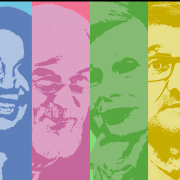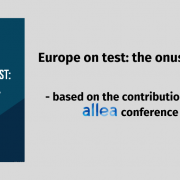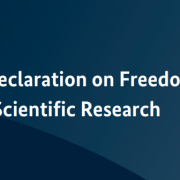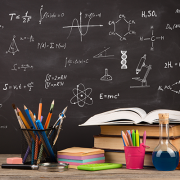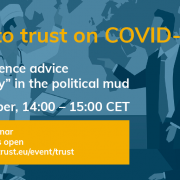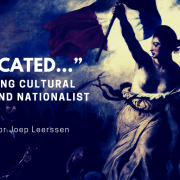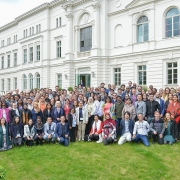SAPEA Science for policy podcast
In September, SAPEA – one of ALLEA’s flagship projects – launched a series of podcasts on science advice for policy. Invited experts and science advice practitioners reflect on how far we should rely on science to make political decisions, what makes a good science advisor, what to do when the evidence is incomplete or controversial, what happens when science advice goes wrong, and other questions on science-policy interactions.
So far, six episodes have been published. They feature:
- Clarissa Rios Rojas, a research fellow at the Centre for the Study of Existential Risk at the University of Cambridge.
- Mark Walport, a member of the SAGE committee, and former chief scientific advisor to the UK.
- Vladimír Šucha and Marta Sienkiewicz, editors of the Joint Research Centre’s new science advice handbook.
- Bart Koelmans, a chair of the advisory groups on microplastics pollution for the UN and EU.
- Rolf Heuer and Pearl Dykstra, respectively the chair and deputy chair of the European Commission’s Group of Chief Scientific Advisors.
- Peter Gluckman, the chair of the International Network for Government Science Advice, and a former chief science advisor to New Zealand.
The podcast is available on Apple Podcasts, Google Podcasts, Spotify and YouTube.

